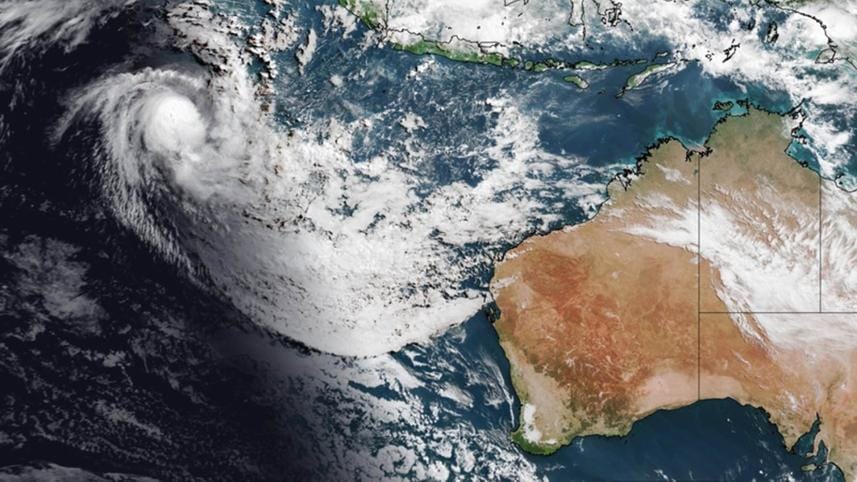After Asani, Cyclone Karim brewing in southern Indian Ocean

Even as severe cyclonic storm Asani is projected to weaken into a depression by tomorrow (May 12, 2022), another back-to-back weather system called Cyclone Karim is brewing in the southern part of the Indian Ocean, said The Weather Channel.
Karim, whose exact severity and direction are yet to be known, has been classified as a category II hurricane with a wind speed of 112 kilometres per hour (kmph), it said, reports our New Delhi correspondent.
The Weather Channel has characterized Asani and Karim as "twin" cyclones spinning in opposite directions north and south of the equator saying this is not something new.
In fact, Karim started developing around the same time as Asan in the Bay of Bengal--May 8.
Such twin cyclones are not new. Cyclone Fani formed over the Bay of Bengal in April, 2019 along with tropical cyclone Lorna over the southern Indian Ocean.
While Fani turned into an extremely severe cyclonic storm with a maximum wind speed of 250 kmph, Lorna was a Category 1 hurricane and could attain a maximum of 70 kmph.
Such events are also common in the western Pacific Ocean, according to The Weather Channel.



 For all latest news, follow The Daily Star's Google News channel.
For all latest news, follow The Daily Star's Google News channel.
Comments